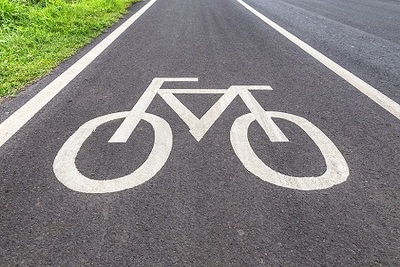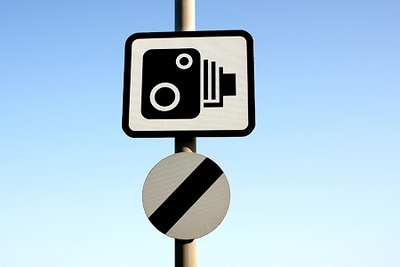Transport
Driving tips
Drive less - Do I really need to take the car for that journey?

- Walk or cycle whenever possible - this is CO2 free and is healthier for everyone!
- If you drive under 5,000 miles a year, it may not be worth your while owning a car at all. Instead of owning a car and all the costs attached (the car itself, insurance, tax, fuel, parking, etc.) is it possible to share a car with a spouse or neighbour? Would it make more sense to rent a car occasionally?
- Use public transportation whenever possible. This will save money and help to improve the public transport system. The more people using it, the better it will get. Fewer cars on the road will make public transport more efficient too.
- Carpool with colleagues and friends. Using one car to transport four people is much more efficient than using four cars.
- Carpool with parents who live near you for the school runs. One car bringing two children to school is better than two bringing one each. This will help reduce congestion for other road users too.
- If practical for your job, ask your employer to let you telecommute (work from home) on some days, to save commuting to the office.
- If your work hours are flexible, consider working four 10-hour days a week instead of five eight-hour days, to save a day’s commute each week.
- Choose a home near your workplace, if this is possible.
- Plan your journeys so that you can do multiple errands in one trip.
- Choose the route with the least congestion and the fewest stops. You use more fuel in urban environments (through stopping, idling and starting) than on the open road.
- Avoid journeys during rush hour, when traffic is slow moving or at a standstill.
Drive light - do I really need to carry all that weight?
- When buying a car, choose a smaller, lighter vehicle. Do you really need an SUV to commute to work?
- Choose a car that has the best fuel efficiency and CO2 emissions.
- Don't leave unnecessary items in the car or the boot - everytime you travel in the car you are wasting fuel transporting these items too. It all adds up over time.
- Remove any unnecessary attachments from your car, such as the roof-rack, bicycle carriers, etc. They generate drag and use more fuel.
- Driving with the windows open at high speeds uses more fuel.
- Minimise your air-conditioning (A/C) use - it is very heavy on fuel. Open the windows instead when you are driving at speeds of 40mph. At higher speeds, and if you must use the A/C, keep the windows shut. Do not turn the A/C on and off - it functions more efficiently during longer periods of operation.
Drive effectively - am I wasting fuel? Is my car running at its best?

- Don't idle. Only start when ready to move off - pre-heating a modern engine is unnecessary, wastes fuel and increases emissions. Turn the engine off when stationary for one minute or more.
- Reduce your speed - most vehicles are most fuel efficient between 50 and 55 mph. Fuel efficiency drops rapidly with increases in speed. It can cost you up to 25% more fuel to drive at 70mph compared to 50mph. Note: Do not drive so slow as to impede traffic flow which can cause dangerous traffic situations.
- Steady speeds are more efficient. Accelerate gently and brake softly. Getting your car "up to speed" quickly is hard on your vehicle and can use 30% more fuel than a slow start. Also, braking softly farther from your intended stopping point will make your brakes last longer.
- Turn off your engine if your car is stationary for longer than one minute, e.g. when you are in a traffic jam, while waiting for someone, etc. Don't bother if you're stationary for less than one minute - it can actually be more polluting turning your engine back on. Diesel cars should not be turned off frequently as the ignition process uses significant fuel. Note that stopping and starting your vehicle too frequently causes excess wear on your engine.



